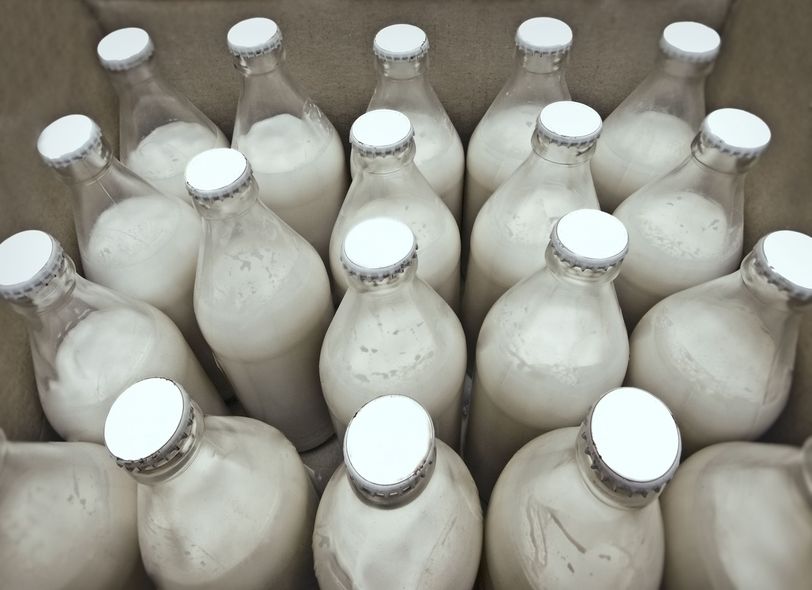
World School Milk Day has commenced today which is seen as an opportunity to highlight how important it is for everyone, especially school-age children, to drink milk.
Every year, the day is celebrated all over the world on the last Wednesday of September to raise awareness on the benefits and success of school milk programmes.
In addition to providing milk and dairy products, school milk programmes include food education.
The programmes help to foster a better understanding of dairy products, including where they come from, how dairy products are made, their nutritional composition, and how they fit into the overall diet.
“Globally, School Milk programmes play a key role in ensuring that young children have access to nutritious foods. This is vital given the role nutrition plays in long-term growth and development,” said International Dairy Federation (IDF) President, Dr Judith Bryans.
Countries around the world participate in these celebrations through different activities such as a milk lunch party, school activities, media activities or a visit to a dairy farm.
“This celebration of School Milk programmes demonstrates the importance of milk and dairy foods which are essential in a healthy and balanced diet, particularly for young children,” said IDF Director General, Caroline Emond.
'Accessible and affordable'
In the UK, Welsh Assembly Members were presented with local milk provided by a farmer as part of this year’s World School Milk Day.
The annual event saw Plaid Cymru’s Shadow Education Secretary, Llyr Gruffydd AM, present his AM colleagues with a pint of Welsh milk, provided by NFU Cymru member, Rhys Lougher of Ty Tanglwyst Dairy, Pyle.
NFU Cymru Milk Board Chairman, Gareth Richards, was also in attendance and said: “World School Milk Day is the perfect opportunity to highlight just how important it is for everyone, especially school-age children, to drink milk.
“School milk has a vital role to play in helping children maintain a healthy, balanced diet. Drinking milk in school is critical to tackling rising obesity levels, dehydration and young people’s deficiencies in important nutrients like iodine and calcium.
“At NFU Cymru, we are committed to ensuring milk and other dairy products remain accessible and affordable to schools to help promote a healthy, balanced diet, support the Welsh dairy industry and develop consumption trends for the future,” Mr Richards added.
A carton of semi-skimmed milk can provide 42% of seven to 10-year-olds recommended daily intake for calcium and 24% of their recommended protein intake.
The day is also important for the dairy industry in the UK, where produce is promoted in schools to strengthen the connection between farmers and the consumers of the future.
